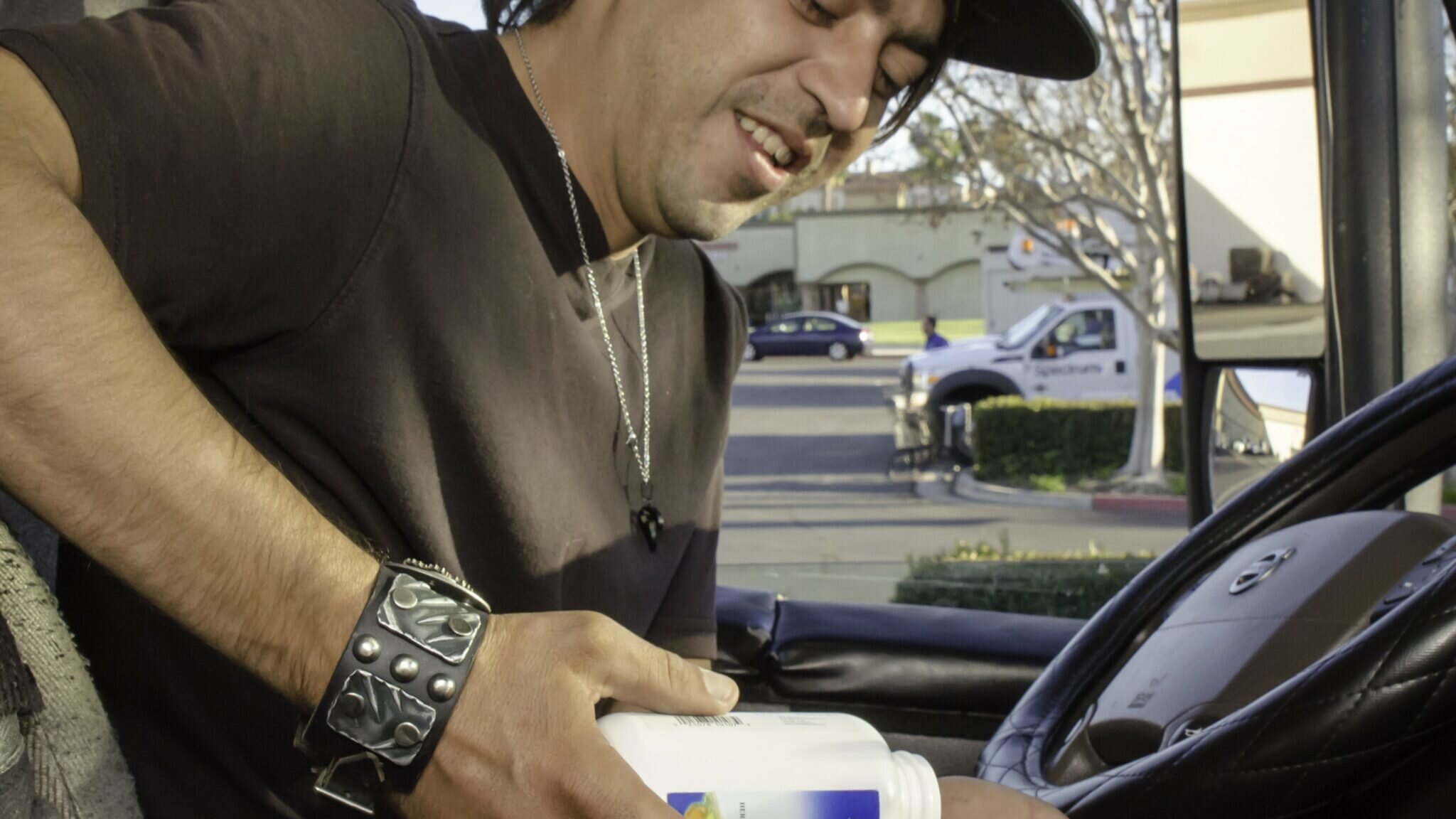A truck hauling frozen chicken crashed in rural Alabama last week, spilling tenders onto the highway. The local sheriff’s office had to warn people against stopping to pick-up dinner from the scene of the accident.
The crash happened on Alabama Highway 35 in Cherokee County, near the Georgia state line. It is unclear what caused the accident, but the driver walked away with only minor injuries. The mess, however, posed a challenge for law enforcement.
While emergency officials coordinated efforts to get the chicken cleared off the roadway, passersby saw the spilled load as an opportunity to same some money on this week’s grocery bill.
The Cherokee County Sheriff’s Office eventually stepped in to warn people against blocking traffic to pick-up the chicken, which had been on the ground for over 24 hours at that point. While eating thawed chicken tenders off the highway undoubtedly poses a health threat, it could also pose a legal threat.
“The Cherokee County Sheriff’s Office is asking that no one try to stop to get the chicken tenders that were spilled from the 18-wheeler accident last night on Highway 35. You’re creating a traffic hazard! It’s a crime to impede the flow of traffic,” Cherokee County Emergency Management Agency posted on Facebook. “Those cases have been on the ground for over 24 hours and are unsafe to consume. Anyone who is caught could be facing charges.”
The tender spill was not the only chicken-related truck incident this month, though. A truck hauling 40,000 pounds of frozen chicken caught fire in a tunnel under an Atlanta, Georgia airport runway Tuesday morning.
While the crash caused serious traffic delays, no one was injured and flights were not affected, according to traffic authorities WSB Atlanta reported that the driver spotted the fire, pulled over and was able to get out of the truck safely.
The news station reported that there was no structural damage to the roadway or the tunnel, but the truck appeared to be split open after the fire was extinguished. The chicken was visible from the nearby roadway.
The cause of the fire is unknown at this time.
Although new guidance on mask wearing returns the industry to some semblance of normalcy after over a year of lockdowns and restrictions, employers should remain cautious in revising policies.
While Texans are accustomed to living life free of excessive state-level taxes, they were in for a shock when their own U.S. Senator, Republican John Cornyn, used his national platform to advocate for the establishment of a truck-only vehicle miles traveled tax.
As we discuss ways to improve the sales relationship between carrier and shipper, the term “commodity” always comes up. Most carriers feel being a commodity diminishes the services they provide. It doesn’t have to be that way.
Three-part workshop series to focus on effective leadership communication strategies to motivate and retain your essential workers.
The nation’s top trucking research group plans to update previous studies on the effects of legalized marijuana and other drugs on truck safety along with integrating 18- to 20-year-old drivers into the industry.
Throughout the entire 90-year history of trucking in the United States, excessive detention has been a scourge on the industry. An upcoming 90-minute immersive workshop will share tools and strategies to combat this issue and keep the wheels moving and profitable.
While a request for Supreme Court review of the Ninth Circuit Court of Appeals decision to overturn an injunction banning enforcement of California’s AB5 will almost certainly follow, at this time, motor carriers who operate in California must be prepared to act in accordance with AB5.
The word “safety” is everywhere in the trucking industry. It is talked about nearly every day in the press, Congress has zeroed in on it, and most carriers will say that it is their top priority. With all this attention, it’s easy to believe that safety has become cliché. But it’s not.
A day after Colonial Pipeline said there was light at the end of the tunnel for the line’s closure due to a cyberattack, the impact of the shutdown on the ground is being felt.
Truck drivers and fleets have two months to prepare for the Commercial Vehicle Safety Alliance’s (CVSA) annual Operation Safe Driver Week, which is set for July 11-17. Here is what inspectors will be looking for.






















